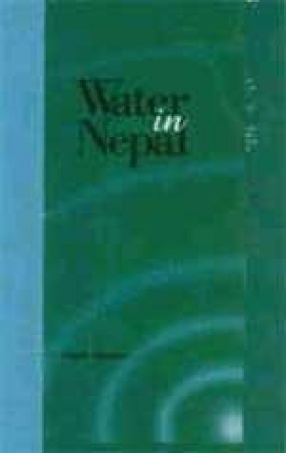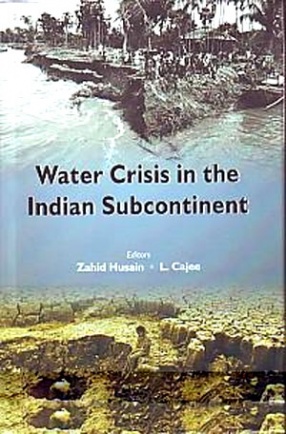Water in Nepal is an account of Nepali society’s development efforts over the last two decades seen through the lens of water. Water has normally been understood to be Nepal’s biggest and most under-exploited resource, but Dipak Gyawali questions such beliefs by going beyond the usual practice of Government and aid agencies to see water resources development as primarily a construction enterprise. These writings reflect Gyawali’s evolution from engineer to economist to Cultural Theorist and present this national resource as a focal point where history, politics and even religion intersect with engineering and economics. The conventional wisdom that centralised, state-owned utilities are the best instruments to develop Nepal’s water has today been discarded in favour of privatisation. Gyawali uses a Cultural Theory framework to argue for a move away from such simplistic pendulum swings to a more pluralised social terrain where not just the voice of the bureaucracy or the market but also that of a critical civil society is heard. Using the debates of the 1990s, particularly Arun-3 and the Mahakali Treaty, the book describes the problems that arise in a poor country without the wherewithal to develop its natural endowment when development ambitions outpace its innate capacity.
Water in Nepal
In stock
Free & Quick Delivery Worldwide
reviews
Bibliographic information
Title
Water in Nepal
Author
Edition
1st. Ed.
Publisher
ISBN
9993313114
Subjects





There are no reviews yet.